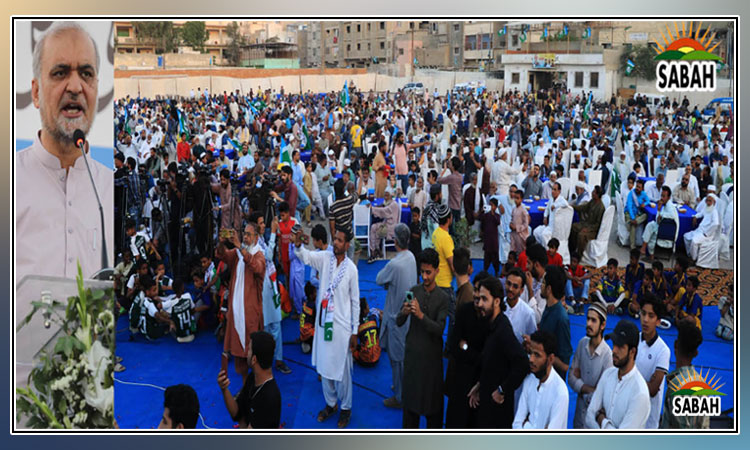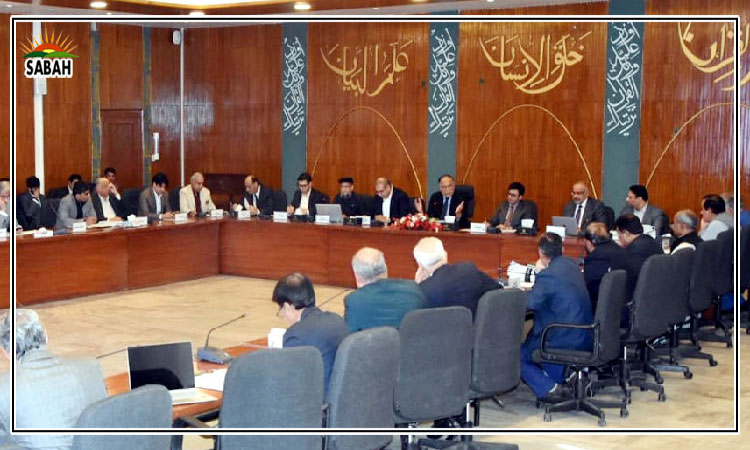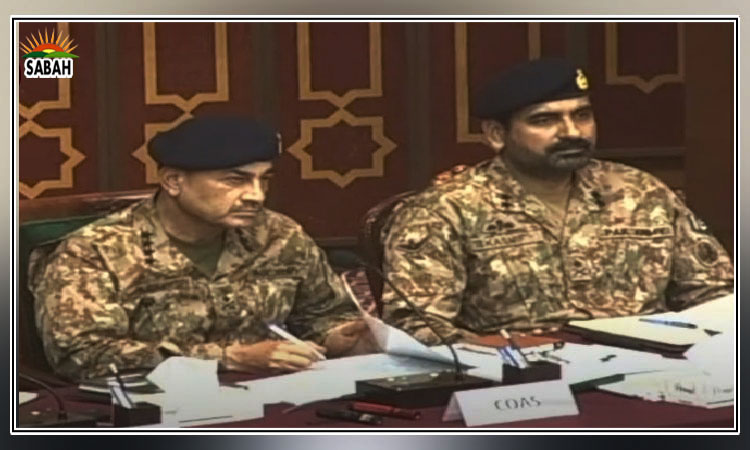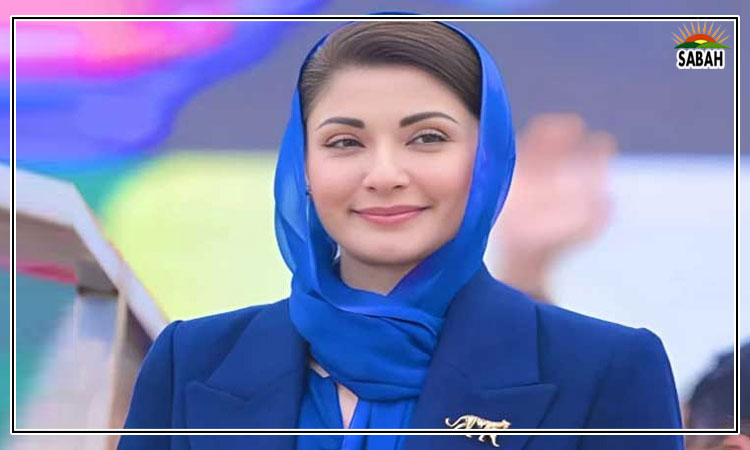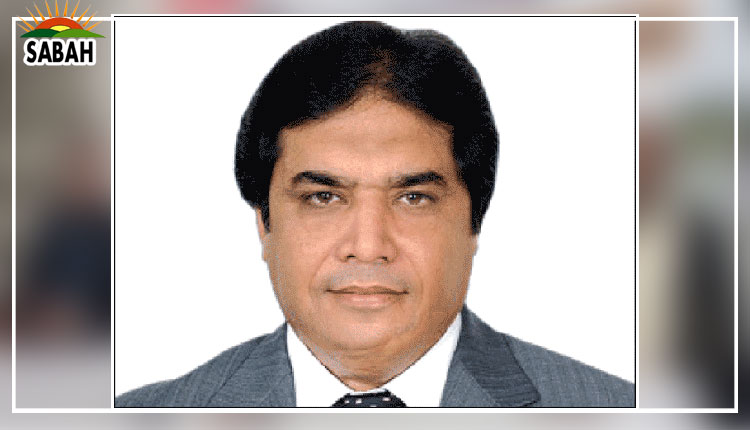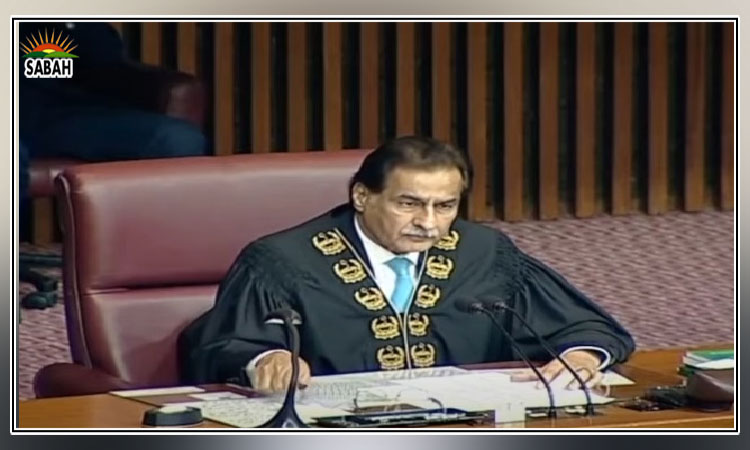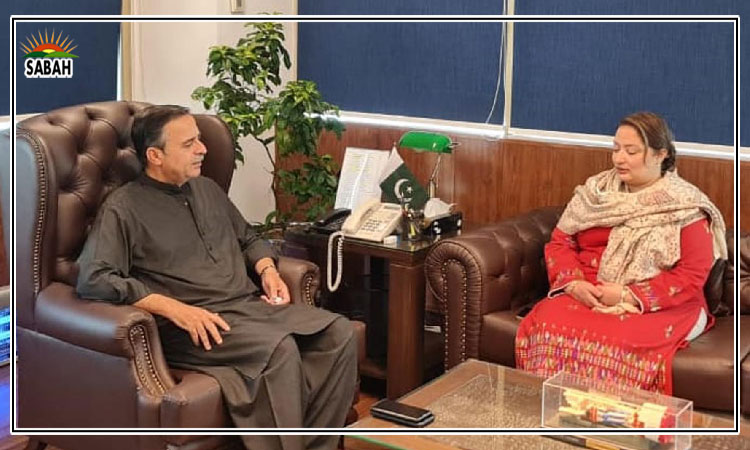The meaning of misogyny…. Kamila Hyat
We have always been an essentially misogynist and patriarchal society. Perhaps the two go together. Abusive language almost always contains comments about women, and these are the words most often used when dealing out abuse to people of either gender. But things took a turn for the worse during the last decade, and most notably during the years of the PTI in power. We heard such language from the leader of the party himself, from ministers, from senior members of the PTI, and perhaps as a consequence, from more politicians from all sides of the political divide.
Till Nabeel Gabol came out with his offensive remarks regarding women, widely condemned also from members of a party that has been led by a woman, the PPP had been able to remain mainly away from this national dialogue. But no matter what the PPP does, it cannot change the fact that we have created a highly misogynist society, with the expanse of abuse expanding across it to all corners and to all levels. Even small boys have been heard to issue comments and words which are clearly abusive while at school and in other locations. This is hardly surprising, given what they hear and it shapes their conceptions about women and how they are to be treated.
This is highly dangerous in a society like ours, where multiple rapes take place each day, and we hear more and more cases of small girls being assaulted often by people with whom they had at least some level of familiarity. The question of incest or abuse within families rarely gets heard about, although it is taken up by groups such as Sahil, because people prefer not to talk about such matters. Even mothers whose daughters report abuse by an uncle or other close family member ask them to remain silent in order to avoid shaking the fabric of the family.
The degree of misogyny has been growing rapidly, and Imran Khan’s attacks on rival leaders on this basis, are particularly disturbing. We would expect a man who continuously comments about his long stay in the West to know better. The remarks Imran has made about Maryam Nawaz, about Bilawal Bhutto and about many TV anchor women and journalists would not be tolerated in most Western societies. We need an agreement amongst the larger parties that there will be zero level of tolerance for misogyny. At present, making a misogynist comment or using an abusive word directed against a girl or woman is perfectly acceptable, especially when grown men or younger boys sit together in a segregated setting. Even women have been known to feed into the misogynist environment.
The reality is that this misogyny is neither funny nor harmless. While some argue that words and a particular kind of humor cannot hurt, the fact is that it brings down the position of women in society and makes them more vulnerable than they are. Even the rapists who raped a young woman walking in the F-9 Park ‘advised’ her to not be in a public space at such a time. There are many other examples, and they should not exist at this level. The use of misogyny means that men see women as lesser beings, and this also gives them more licence to carry out crimes such as rape. The fact that women only rarely report these incidents can only encourage them.
Political parties need to look into the matter. Apart from zero tolerance within their own ranks, we also need to bring more women into parliament, so that misogyny can be challenged in one way or the other. It has come forward repeatedly in speeches made from all sides of the bitter political divide we face in the National Assembly and even the Senate. This has to end, and it can end only if political leaders take a stance. We have multiple bills which ostensibly protect the rights of women. These exist notably in Sindh, which has pushed through some excellent legislation for the rights of women, but they are also in Punjab, the centre, and to some degree in Khyber Pakhtunkhwa, where an attempt has been made to pass a bill against domestic violence.
There are numerous examples in history where women have led the way forward on the battlefield, in governance and other places. The examples of these women are only rarely heard about. In the times of General Ayub Khan, misogyny was used as a weapon even against the sister of the nation’s founder, Fatima Jinnah.
Things need to change, and they need to change on the school playing fields as a start. Teachers need to be trained to counter misogyny sensibly and to discourage it at all levels. But most important of all is the need for our political leaders to put it aside and ensure it is not used as a regular part of the speeches. In fact, it should make up no part of their dialogue at all. At the moment, this is far from being the case. In speeches, in comments on Twitter, in other exchanges misogynist comments are heard again and again. Any act of criticism by a media professional or other person, notably against a member of the PTI, is hit back at using misogynist comments directed against the woman who made it.
Even small matters such as writing or saying a female journalist or a female sportswoman are in some ways not required. After all, we do not make it a point to mention the gender of a male journalist, anchor person, reporter, sportsman or other individual unless there is some particular reason to do so. The realities of our society need to change. This is not an easy task in a culture where abuse based on gender is so strongly woven into the system but must happen and we cannot wait any longer for this to be brought about with all parties ideally working together for the purpose.
The writer is a freelance columnist and former newspaper editor. She can be reached at:
kamilahyat@hotmail.com
Courtesy The News


